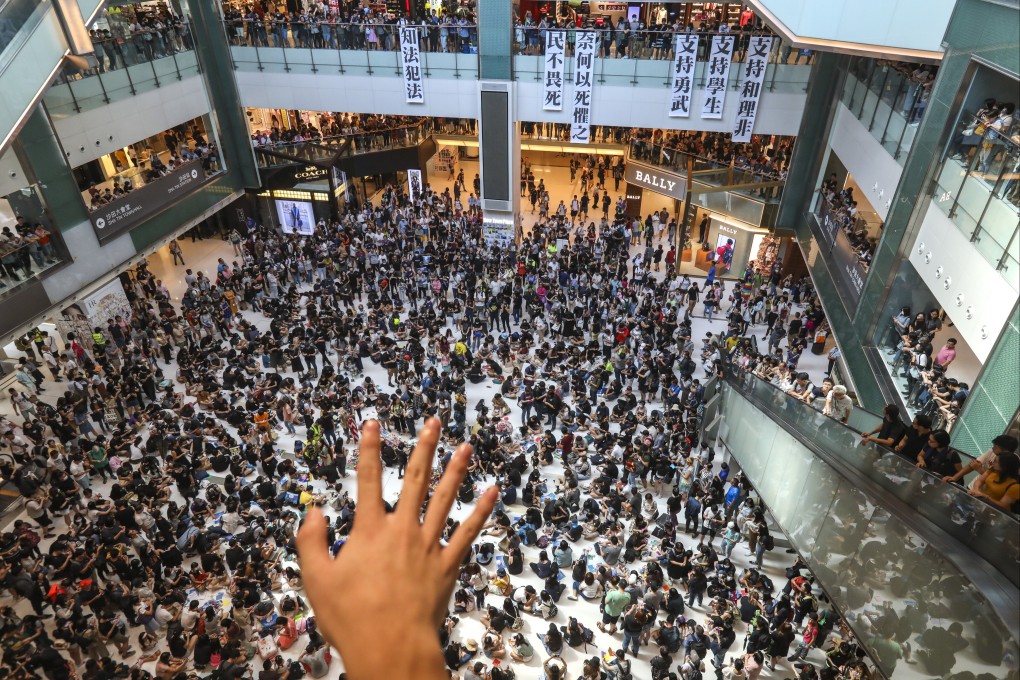Scottish distributor of controversial 2019 Hong Kong protest song says high cost of legal advice forced it to pull city-banned tune from catalogue
- Glasgow-based EmuBands says ‘Glory to Hong Kong’ removed from music platforms due to cost of legal advice after court issues interim injunction banning song
- Dgxmusic, the team behind protest anthem, says it opposes move and hopes to have song reinstated as soon as possible

Ally Gray, the managing director of EmuBands, based in Glasgow, said on Monday the company was not part of a “conspiracy” and had not made a political statement with its decision to remove “Glory to Hong Kong” from most music platforms last week.
“We are not experts in the issues involved and would not wish to insult anyone’s intelligence by pretending that we are,” Gray told the Post.
“Nobody has pressured us into this decision nor paid us for doing so – we are just a small business based on the other side of the world for whom the cost of hiring relevant legal experts to analyse and monitor what is an evolving and complex situation – that may or may not have resulted in legal issues for our company – far outweighs the fees we have received for distributing the song, which we are refunding,” Gray said.
He dismissed censorship allegations and added that the artists involved were “obviously free” to find another distributor to work with on “Glory to Hong Kong”.